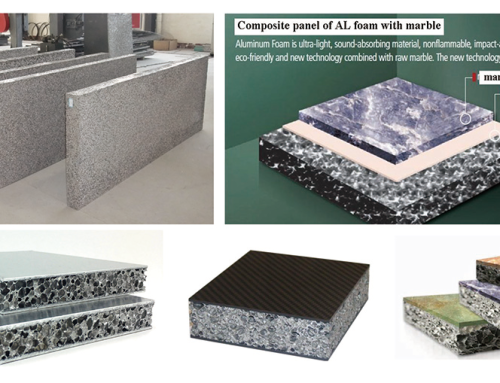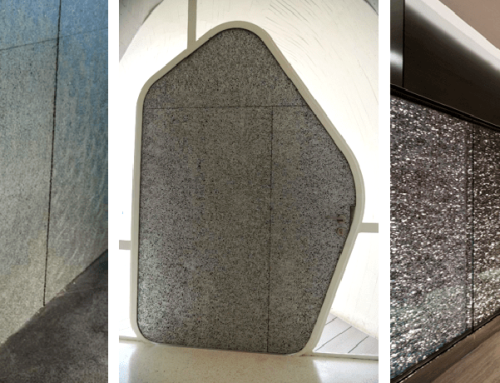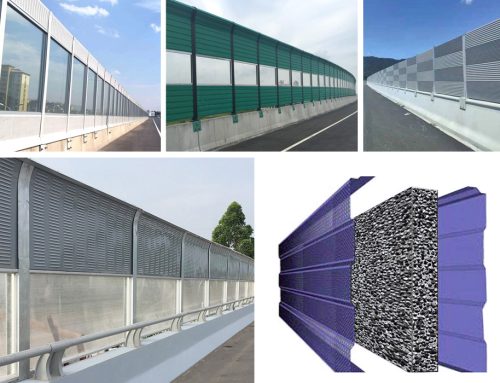Foam aluminum, a porous and lightweight material, has been used extensively in various fields due to its exceptional properties, including high strength-to-weight ratio, excellent thermal conductivity, good acoustic absorption, and corrosion resistance. In recent years, foam aluminum has been gaining increasing attention in the sound insulation industry due to its remarkable soundproofing properties.
Sound insulation refers to the ability of a material to reduce the transmission of sound from one area to another. Foam aluminum can be used as an effective sound barrier material in various applications, including building and construction, transportation, aerospace, and industrial machinery.
One of the main advantages of foam aluminum as a soundproofing material is its unique cell structure, which consists of interconnected and irregularly shaped pores. The pores in the foam aluminum act as a barrier that impedes the transmission of sound waves. The irregular shapes of the pores also help to scatter and absorb sound waves, further enhancing the material’s sound insulation properties.
In building and construction applications, foam aluminum is commonly used as a core material in sandwich panels. Sandwich panels consist of two outer layers of rigid materials, such as metal or plastic, with a lightweight core material in between. The core material plays a critical role in providing insulation and soundproofing properties to the panel. Foam aluminum’s excellent sound insulation properties make it an ideal core material for sandwich panels used in walls, floors, and ceilings in buildings.
In transportation applications, foam aluminum is used to provide sound insulation in vehicles, such as cars, trains, and airplanes. Noise pollution is a major problem in transportation, and foam aluminum’s ability to absorb and block sound waves can significantly reduce noise levels in vehicles. Foam aluminum is often used in the construction of engine compartments, doors, floors, and other areas of a vehicle where sound insulation is required.
Aerospace is another field where foam aluminum is used for sound insulation. In space, sound waves cannot propagate as there is no air medium to carry them. However, during launch and landing, the sound generated by the rocket engines can be extremely loud and can cause damage to the spacecraft. Foam aluminum is used to construct acoustic liners in the engine compartments and other areas of the spacecraft to absorb and reduce sound waves.
Industrial machinery is another area where foam aluminum can be used for sound insulation. Industrial machinery, such as compressors, generators, and pumps, can generate high levels of noise, which can be a health hazard to workers and a nuisance to neighboring areas. Foam aluminum can be used to construct sound barriers and enclosures around the machinery to reduce noise levels.
In addition to its sound insulation properties, foam aluminum also has excellent thermal insulation properties. This makes it an ideal material for use in applications where both sound and thermal insulation are required. For example, in building and construction, foam aluminum can be used in the construction of external walls and roofs to provide both sound and thermal insulation.
In conclusion, foam aluminum is a versatile material that has found widespread use in various fields due to its exceptional properties. In the sound insulation industry, foam aluminum’s ability to block and absorb sound waves makes it an ideal material for use in building and construction, transportation, aerospace, and industrial machinery. Its unique cell structure and irregularly shaped pores provide excellent sound insulation properties, making it an effective sound barrier material. As the demand for sound insulation materials continues to grow, foam aluminum is likely to become an increasingly popular choice due to its superior sound insulation properties and other advantages.



